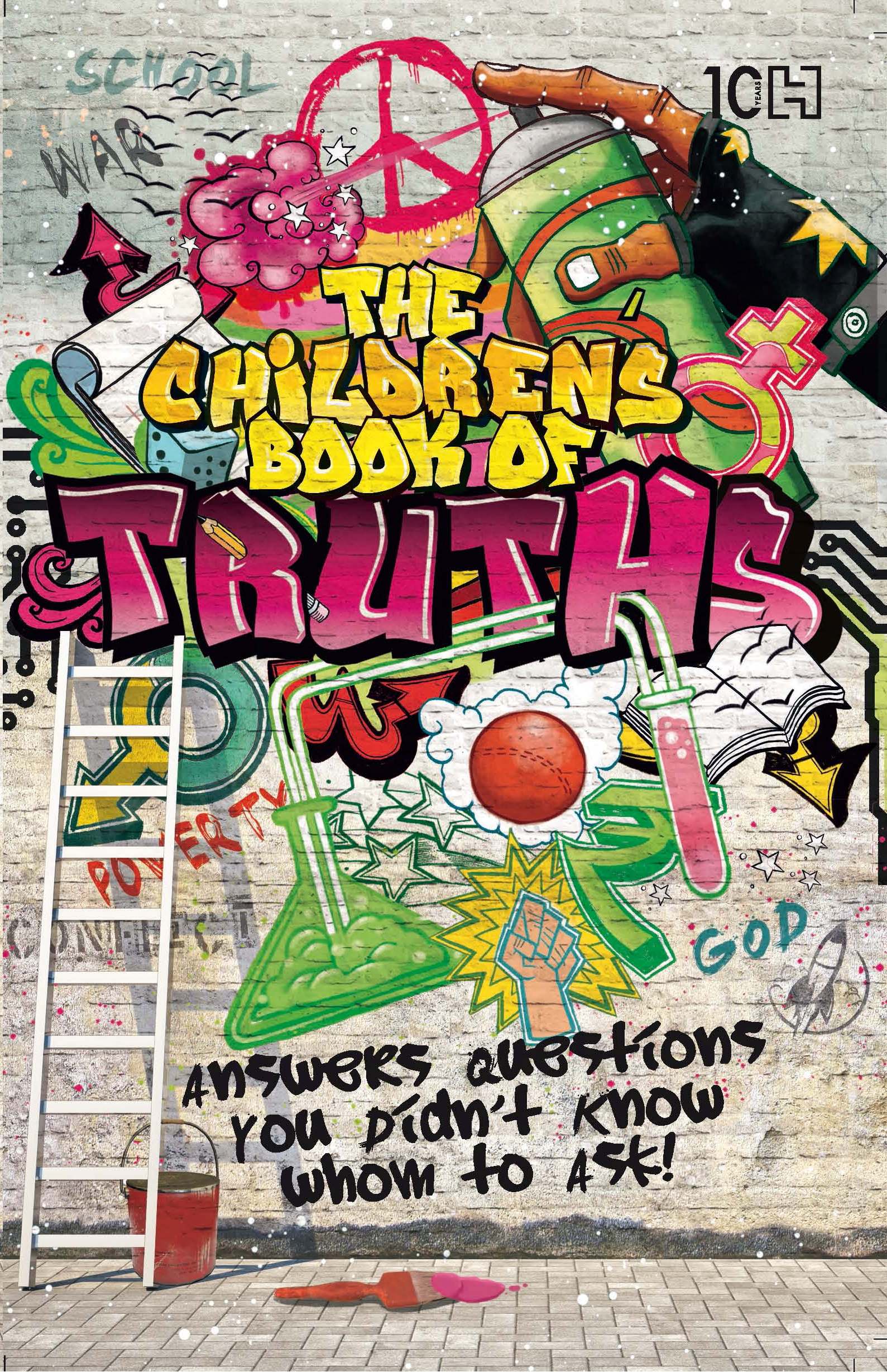Two oranges and a baby
There are a number of simple stories that help us understand conflicts among humans, and possibly how they can be resolved.
…………………………………………………………………………………………………………
Let us say that there are two girls, Asha and Aliya, who both want an orange. If there is only one orange, what do we do? There is a conflict of desire between the two for the one thing. A simple solution may be to simply divide an orange into half. Both of them get half of what they want, and they avoid fighting each other.
This compromise means that neither gets the full thing, but they get it without having to fight. So this conflict can end in a type of cooperation. Neither person may be perfectly happy with what they get – neither got the whole orange – but they, at least, avoid something bad – a fight in which they may both be hurt.
However, sometimes, simply dividing the orange may not help. What happens if Asha wants the orange for its peel, which she needs to make marmalade, and Aliya wants the orange to eat the juicy flesh? If we simply divide the orange in half, each gets only half of what she wants, but she also gets a half of something she does not want. In this case, the orange could have been divided better, with the peel going to one, and the flesh to the other.
………………………………………………………………………………………………………..
This example shows us that sometimes the answer is a little deeper than we might initially think. If you asked Asha and Aliya, they might both say that they wanted the whole orange, but actually they only wanted a specific part of an orange. In reality, their desires were not in conflict, but it was how they phrased them – ‘I want the orange’ – that led to a conflict. So, sometimes, conflicts can be created not because of need or desire, but how you express them. The next time you are close to a ‘conflict’ situation, think about the demand being made and what is being said – you are likely to find that there may not be a cause to fight at all, or a solution may be easy to reach.
Lastly, sometimes the conflict is not about wanting something or not, but because you want to hurt somebody else. There is the oft-repeated story of King Solomon, who was famous for his wisdom, and the baby. The story goes like this:
…………………………………………………………………………………………………………
One day, in his court, two women came before King Solomon, claiming the same baby. Each insisted that the baby was hers, that she was the mother, and the other woman was a fraud. The king questioned them closely, but it could not be determined who the real mother was. In the end he declared, ‘Let the baby be cut in half, and each woman get one half of the baby.’
One woman said, ‘That is justice. I am all right with half of the baby.’
The other woman burst into tears and said, ‘Let her have it, I would rather lose the baby than have it cut in half and die.’
Solomon then declared that the baby was the second woman’s and she must have it. His reasoning was that a mother would rather lose her baby to another than watch it being killed, even if she would get half of its body.
………………………………………………………………………………………………………..
In this case, the conflict was based on a lie. The first woman clearly did not want the baby. If she was willing to accept half of the baby’s body, at the price of its death, then her only reason to want the baby was to deprive the second woman of her child. She only wanted to hurt the other woman.
This last type of conflict among humans is very hard to resolve. If one person just wants to hurt another, there is little likelihood of them coming to a resolution.
Now, why would we want to hurt other people?
Is it all politics?
Sometimes people say, ‘It is just politics,’ when they decide to talk about a conflict. There is some truth to that, but it is a complex truth.
The English word politics comes from the word ‘polis’ in Greek, which means ‘city’ (it is also the root word for politeness, and police). In a city (or any group larger than a family), people function under different rules. At home, if Asha and Aliya both want an orange, then, most likely, their parents will help them resolve the conflict, or if they are sisters, the elder one may decide. The rules of play are clear. In a city it is more difficult. If Asha and Aliya are from different families, different neighbourhoods and different backgrounds, they may not have a person whom both of them respect or obey, who will suggest what they should both do. That is why politics becomes so important in cities (as does politeness and the police), because we have to find ways to agree or disagree, and to manage conflicts with each other. In doing so, though, sometimes we choose groups or an alliance of people who want the same thing.
If we are part of one group competing with another, even if we don’t have a personal fight with a person of the other group, we may dislike them because we have been raised in an environment where we think everybody in the other group is our competitor or our enemy. We then start disliking them for who they are, not what they do. And then we can want to hurt them even if it gets us nothing, like the woman who wanted to steal another woman’s baby. It’s interesting how cooperation with one group puts us into competition, and often conflict, with another group.

Excerpted with permission from The Children’s Book of Truths, Hachette India. Price 299
Cover photograph representational

